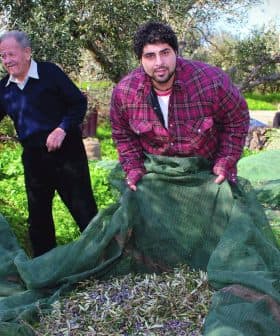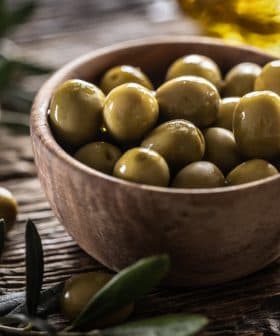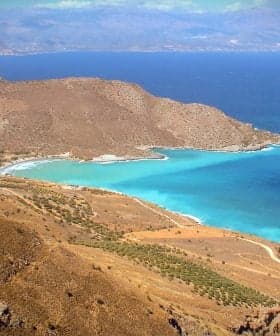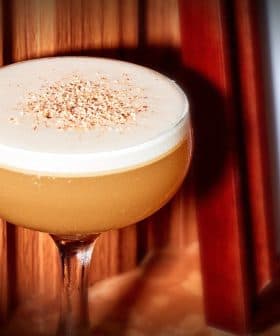Culinary Event Provides User’s Manual for Cretan Olive Oil
The University of Gastronomic Sciences in Italy partnered with Biolea, an olive oil company in Crete, to teach culinary students about the Cretan-Mediterranean diet through a gastronomical event showcasing traditional dishes and the use of olive oil. Greek culinary students, who learned traditional Cretan recipes outside of school, participated in the event, raising awareness about the importance of incorporating local cuisine into culinary school curriculums and promoting the health benefits of the Cretan diet.
It all started when the University of Gastronomic Sciences, based in Italy and founded by the international non-profit organization Slow Food, decided to incorporate the Greek island of Crete as a destination for students studying the Cretan-Mediterranean diet.
Biolea, an olive oil company in the area of Kolymbari in northwestern Crete that specializes in artisanal production of organic olive oil was chosen to present authentic traditional olive oil to the culinary students visiting from Italy.
Yiorgos Dimitriadis, owner of Biolea didn’t just settle on a simple tour of the facilities, instead he organized a gastronomical event with chefs from Crete’s best hotels who prepared Cretan specialties for the visitors. Why? According to Dimitriadis “We believe that our food products, in order to succeed, must be useful for the consumer. That can only happen if we show our visitors how we use these products in our cuisine.” In other words, it’s not enough to just have excellent olive oil, you need to show how it is used.
This year Dimitriadis decided to take it a step further. He invited culinary students from two Cretan culinary schools, IEK Chanion and OAED Tavrinioti, to “compete” and prepare local delicacies for the Italian visitors in an effort to not only show how olive oil is used in Cretan cuisine but also to provide an exchange of ideas, thoughts and philosophies among the students.
The students from the University of Gastronomic Sciences had the rare opportunity to learn how olive oil is used in the Cretan cuisine and to taste traditional dishes such as kalitsounia — little dough pies filled with vegetables or cheese, rare wild greens cooked in olive oil, olive paste and many more Cretan delicacies.
These dishes were not only important from a culinary perspective but from a health standpoint. The food presented were representative of the diet that the people of Crete had back in the 60’s when they had the lowest heart disease rates, the highest intake of olive oil (almost all dishes have olive oil as their main ingredient), and the highest life expectancy in the world.
The expertise of the Greek culinary students was apparent by the way they rolled out homemade phyllo and with the ease they twirled strips of paper thin dough around a fork to make perfectly formed honey drenched sweets. However, what is surprising is the fact that the Greek students did not learn these traditional Cretan recipes at their respective culinary schools, but outside of school on their own time from their families and friends. These are recipes they grew up with, but yet are not taught in their schools.
But shouldn’t a culinary school in Crete teach the local cuisine? This is a question that was raised after the event. In fact the curriculum of these schools focuses on continental cuisine. While this is important, it is equally important that the local cuisine is also taught, promoting the use of local ingredients such as olive oil, wild greens and lamb. And this is even more important if that local cuisine happens to represent one of the healthiest diets in the world, the Cretan diet. Perhaps events such as this one will raise awareness about this particular issue and encourage the teaching of Cretan cuisine in all Greek culinary schools.
This year the event was a success. Not only did the Italian students receive, a shall we say, “users manual” for olive oil in the Cretan cuisine, but it resulted in an unexpected opportunity for the Greek students; they will be visiting the University of Gastronomic Sciences in Italy later this year.









